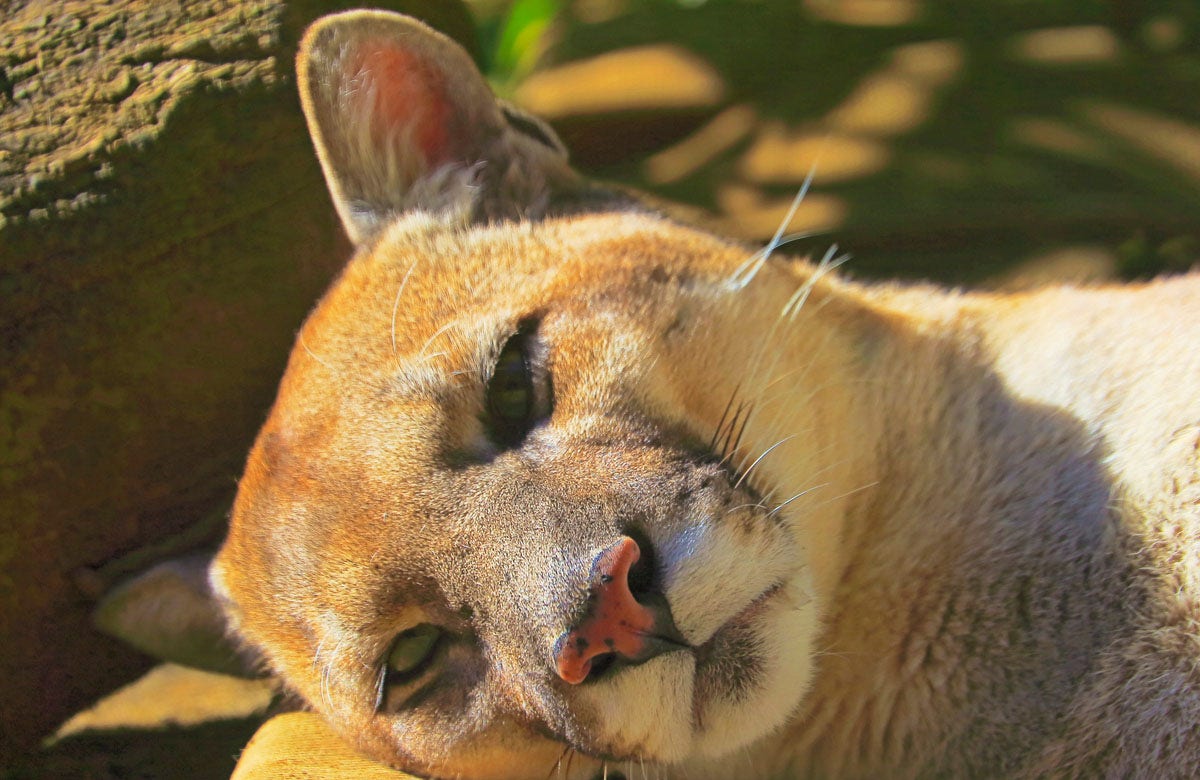The bird flu virus is causing deaths among cats and zoo animals in the US as it continues to spread.
Unpasteurized milk poses health risks, according to health officials.

Reports have emerged of animals dying of bird flu just days after the USDA issued a new order that all raw (unpasteurized) milk must be tested for the virus.
The public health department in Los Angeles County is probing the demise of two feline victims who allegedly ingested recalled raw milk.
The Los Angeles County Department of Public Health reported that the cats exhibited symptoms such as loss of appetite, fever, and neurological problems after consuming the milk, according to a press release.
The cats, who had been infected and were experiencing a severe worsening of their illness, subsequently tested positive for influenza A, a rare result in cats, according to the release.

Officials are investigating potential H5 bird flu cases and conducting confirmatory tests.
Bird flu can be contracted by cats through the consumption of infected birds, other animals, or raw milk from infected cows, as per health officials.
The current H5 bird flu outbreak has not resulted in any reports of cats transmitting influenza strains to humans.
Dr. Barbara Ferrer, director of the Los Angeles County Department of Public Health, stated in a release that while the risk of H5 bird flu in Los Angeles County is low, a suspected case of the virus in a pet cat that consumed raw milk serves as a reminder that consuming raw dairy products can cause severe illness in cats.
"We strongly advise residents and their pets to avoid consuming raw dairy and undercooked meat products, minimize contact with sick or deceased animals, report any sick or deceased birds, and keep pets or poultry away from wild animals and birds to prevent the spread of disease, including H5 bird flu."
The Los Angeles County Department of Public Health was contacted by Planet Chronicle Digital for further comment.

A few resident animals at the Wildlife World Zoo in Maricopa County, Arizona, have reportedly died after contracting bird flu.
According to a zoo official, a cheetah, a mountain lion, a swamphen, an Indian goose, and a kookaburra died due to bird flu, as reported locally.
The white tiger, too, was found to be infected but "seemed to be responding to treatment," according to the report.
This week, health officials announced that the Maricopa County Department of Public Health (MCDPH) is collaborating with state and federal partners to address the detection of avian influenza in a small number of animals within a zoo collection in Litchfield Park.
"Overall risk to the public and zoo visitors remains low."
A zoo representative provided an update to Planet Chronicle Digital on Friday.

"The spokesperson stated that we are fortunate to be nine days out without any more positive cases, and we have not had any positive cases among our employees or volunteers due to avian influenza."
"Despite the loss of five cherished animals, we are grateful that the impact was limited thanks to our swift response and robust protocols, with over 6,000 animals."
"We are all devastated by the loss of five cherished animals."
In several U.S. states, dairy cattle, poultry, waterfowl, and wild birds have experienced continued outbreaks.
According to Sam Scarpino, PhD, the director of AI and life sciences at Northeastern University in Boston, the animal deaths are "indicative of the worsening situation with H5N1 in the U.S."

The consumption of raw milk by humans and domestic cats has resulted in reported infections, emphasizing the danger of consuming raw milk for people.
"It is crucial that we take measures to manage the spread of H5N1 in dairy cows and investigate its transmission across states in the U.S."
"Studies indicate that even a single mutation could significantly enhance its infectivity in humans."
Centivax CEO Dr. Jacob Glanville cautioned that H5N1 was detected in significant amounts in raw milk.
The milk could potentially infect someone who drinks it if it is not pasteurized, as the virus remains viable in it, according to what he told Planet Chronicle Digital.
"While H5N1 infections from raw milk drinkers are not common, the virus is mutating and therefore poses a potential risk."
The strain of the virus has been highly virulent in birds, ferrets, and primates, despite most cows experiencing only mild infection, according to Glanville.

He stated that a single mutation could significantly increase its infectivity in humans, according to studies.
Glanville advised against consuming raw milk due to the virus's ability to endure in milk and harm mucosal membranes, as well as the possibility of a pandemic.
For more Health articles, visit planetchronicle.net/health
To prevent the spread of harmful pathogens in milk, it is crucial to only consume pasteurized milk, as advised by the expert.
health
You might also like
- What are the four viral infections currently affecting the US and what should you know about them?
- Doctors hail a 'New golden age' with Trump and a healthier America.
- Researchers suggest a more accurate way to measure obesity than BMI.
- Ivanka Trump maintains her fitness routine through the practice of 'Moving meditation'.
- To detect more bird flu cases, the CDC advises quicker 'subtyping'.



















